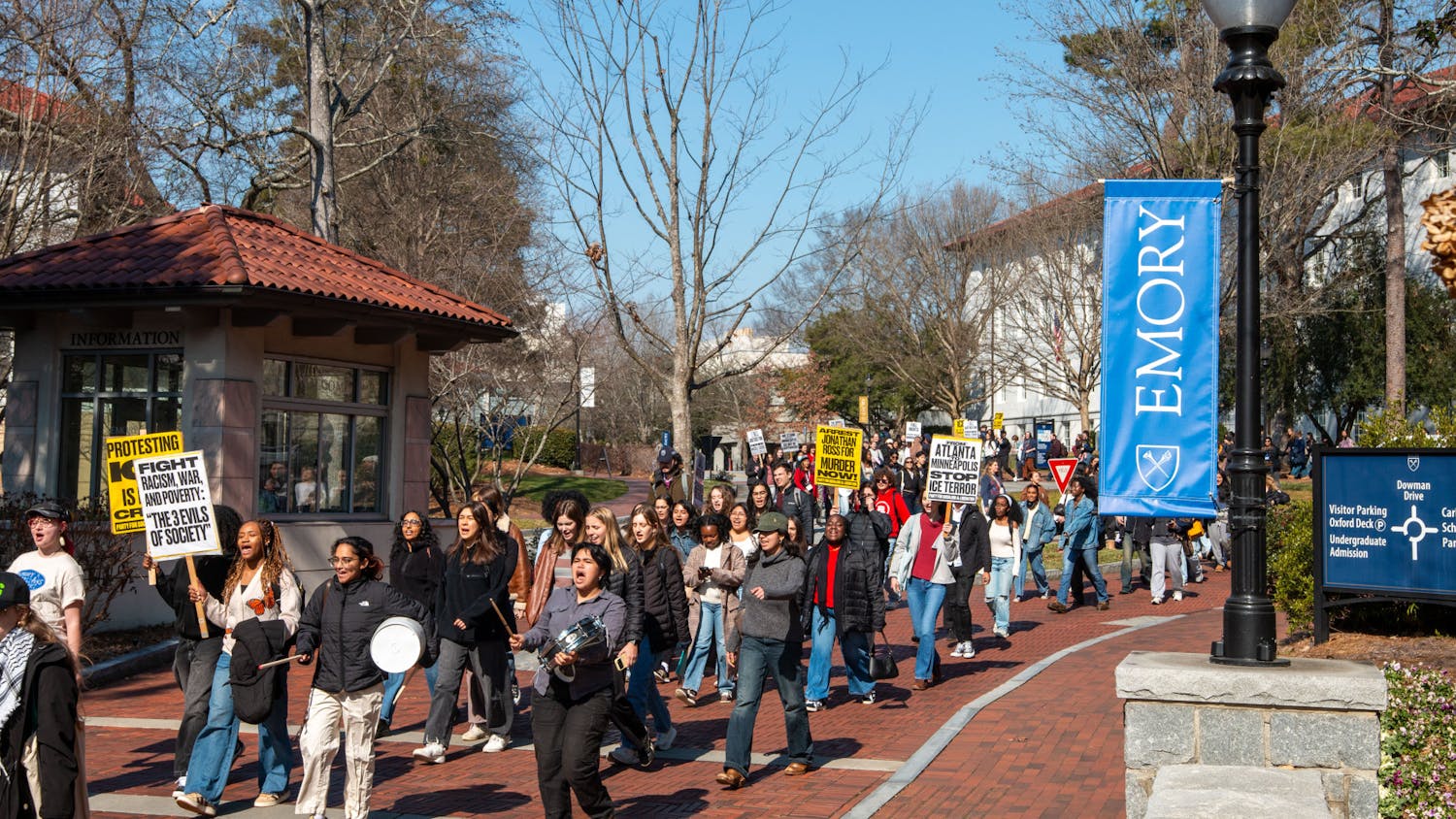Emory University and 16 other universities filed a Feb. 13 amicus curiae brief opposing President Donald J. Trump’s executive order on immigration in a New York federal district court case.
The 34-page brief said the travel ban prevented some students and researchers from traveling abroad or returning to campus from certain countries, as well as hindered the international diversity crucial to fostering free expression and inviting different perspectives on campuses.
Trump’s executive order prevented Syrian refugees from entering the United States indefinitely and suspended the immigration of citizens from seven Muslim-majority countries for 120 days. The Ninth Circuit Court of Appeals upheld a Seattle federal judge’s ruling to suspend Trump’s order nationwide Feb. 9, once again allowing foreigners to enter the country, according to The Washington Post.
At least three other jurisdictions are handling cases contesting the order. The New York case was the first filed against the ban and is still being actively litigated, with briefs due in court this week, according to Emory Senior Vice President and General Counsel Stephen Sencer. The Jan. 28 case, filed by two Iraqi immigrants and defended by the American Civil Liberties Union, challenges the legality of Trump’s immigration order. New York Attorney General Eric Schneiderman joined the lawsuit Jan. 31 after deeming the executive action “unconstitutional, unlawful, and fundamentally un-American,” according to a press release from his office.
An amicus curiae, or a friend-of-the-court brief, allows parties who are invested in but not litigating a case to provide additional arguments and information for the court to consider.
"[Emory believes] the amicus brief will be of value to the court, as the perspective of universities is an important one to be heard in this debate, regardless of which jurisdiction the case is argued,” Sencer wrote in an email to the Wheel. Sencer refused to comment further on the organization among universities or the timeline taken to file the brief, citing confidentiality issues.
The universities also included their respective “global missions” in the brief, stating that all amici benefit from the contributions of international students.
The brief stated that “many of the international students ... and the faculty and scholars who teach and conduct research [at the amici universities], are present on J-1 visas.”
Although nonresident aliens — non-citizens or non-U.S. nationals without a green card — can work and study in the U.S. legally with a J-1 visa, the Trump order mandated J-1 visa holders return to their home countries.
Emory currently employs more than 2,000 full-time instructional staff members, of whom 5 percent are nonresident aliens, according to the brief. About 320 of Emory’s 944 full-time research staff members are nonresident aliens, the brief said.
Emory’s International Student and Scholar Services office declined to comment on the number of students directly affected by the executive order.
The University's “mission is to create, preserve, teach and apply knowledge in the service of humanity,” the brief read. Emory, according to the brief, welcomes students of diverse backgrounds because doing so creates “intellectual and social energy that ... is critical to advancing knowledge.”
The brief was filed jointly with all eight Ivy League institutions as well as Carnegie Mellon University (Pa.), University of Chicago, Duke University (N.C.), Johns Hopkins University (Md.), Massachusetts Institute of Technology, Northwestern University (Ill.), Stanford University (Calif.) and Vanderbilt University (Tenn.).
University President Claire E. Sterk did not respond to requests for comment by press time.
The brief followed a Feb. 2 letter signed by Sterk, along with 47 other university presidents. The letter denounced the immigration order, characterizing it as “unfairly target[ing] seven predominantly Muslim countries in a manner inconsistent with America’s best principles and greatest traditions.” In a Feb. 6 all-Emory email, Sterk said she signed the letter because the order “hinders Emory’s ability to be a global research university.”
Read More
Trending







